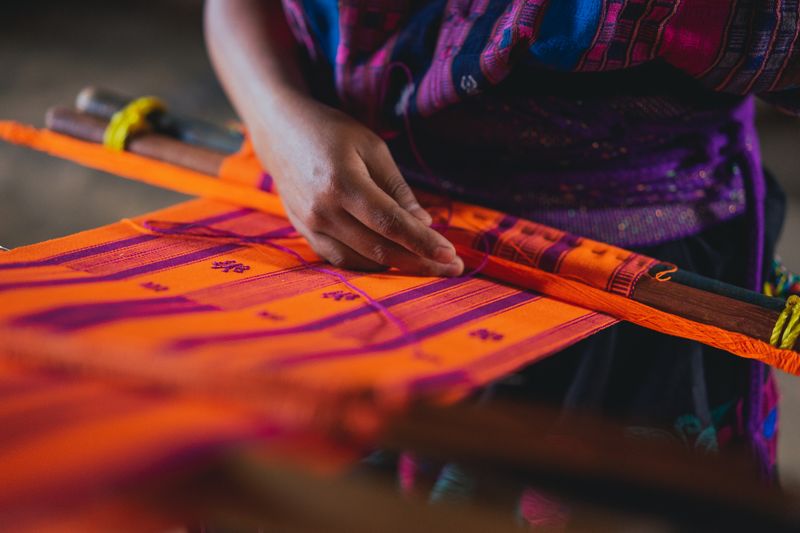Table of Contents
US Supreme Court Reaffirms Tribal Sovereignty
Major Decision Will Help Keep Native Children and Parents Together
In a landmark victory for tribal sovereignty and the rights of tribal nations, the United States Supreme Court on Thursday upheld a critical federal law protecting the rights of Native children to remain connected to their families, community, and culture. The court rejected constitutional challenges to the 1978 Indian Child Welfare Act (ICWA), legislation that seeks to ensure Native families stay together and Native children are raised by tribal members.
For centuries, Indigenous families and communities in the US have endured egregious abuse and harm through so-called “child welfare” interventions. These included boarding schools where authorities violently indoctrinated Indigenous children with white Western culture and policies aimed at promoting adoption of Indigenous children by white families. In 1978, after decades of Indigenous-led activism, Congress passed ICWA and established federal standards to limit the removal of Indian children, promote stability, and restore families, culture, and tribal autonomy.
Indigenous advocates and communities have since defended family integrity and resisted challenges to ICWA seeking to undermine tribal sovereignty. This week’s decision has many advocates breathing a sigh of relief, but it doesn’t fix the country’s broken approach to child protection.
The Broken US Child Welfare System
A November 2022 report on the US child welfare system found that child welfare systems in the United States too often treat poverty as the basis for charges of neglect and decisions to remove children from their parents, causing a national family separation crisis. Black and Indigenous families are disproportionately affected.
A concurring opinion in the court’s decision notes that ICWA has not been implemented uniformly. Some states resist ICWA completely and remove children from their tribes often for reasons rooted in poverty. To truly address this issue, all states should enact legislation to protect and build on ICWA, including ensuring tribes’ full access to child welfare proceedings, establishing meaningful consultation processes, and recognizing tribal customary adoptions.
Editorial and Advice
This week’s victory in the Supreme Court is a step in the right direction, but it is far from a comprehensive solution to the issues plaguing the US child welfare system. To grapple with the devastating effects of this broken system, officials should take immediate action.
Firstly, public hearings should be held to hear from affected families. It is essential to create a space where these families can share their experiences and be heard. This will help shed light on the injustices and provide insights into the changes that need to be made.
In addition, it is crucial to ensure that poverty-related circumstances are no longer penalized. The child welfare system should focus on providing support and resources to families in need, rather than using poverty as a justification for removing children from their parents.
Eliminating mandatory reporting requirements and reducing unnecessary interventions are also essential steps in reforming the child welfare system. This will help prevent unwarranted intrusions into families’ lives and ensure that the system focuses on protecting children who are genuinely at risk.
Furthermore, due process protections for birth parents should be increased. This includes providing them with adequate support and resources without subjecting them to constant surveillance, excessive regulation, and punishment.
Conclusion
This week’s victory in the Supreme Court reaffirms the importance of tribal sovereignty and the rights of Native families to raise their children within their own communities and cultures. However, it is crucial to recognize that this decision is only one aspect of a larger effort needed to transform the US child welfare system. Public hearings, policy changes, and increased support for families are all essential components of this reform.
By addressing the systemic issues facing the child welfare system, the United States can begin to create a more just and equitable system that prioritizes the well-being and integrity of families. It is time to redouble efforts and work towards a system that truly protects and supports all children and their families.

<< photo by Los Muertos Crew >>
The image is for illustrative purposes only and does not depict the actual situation.